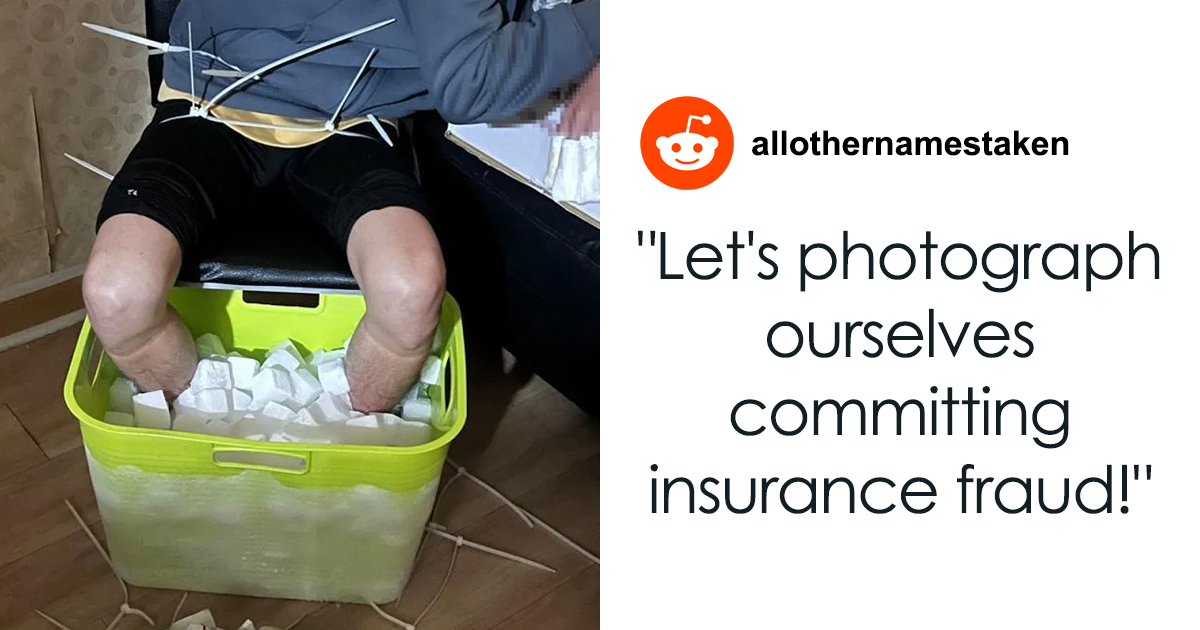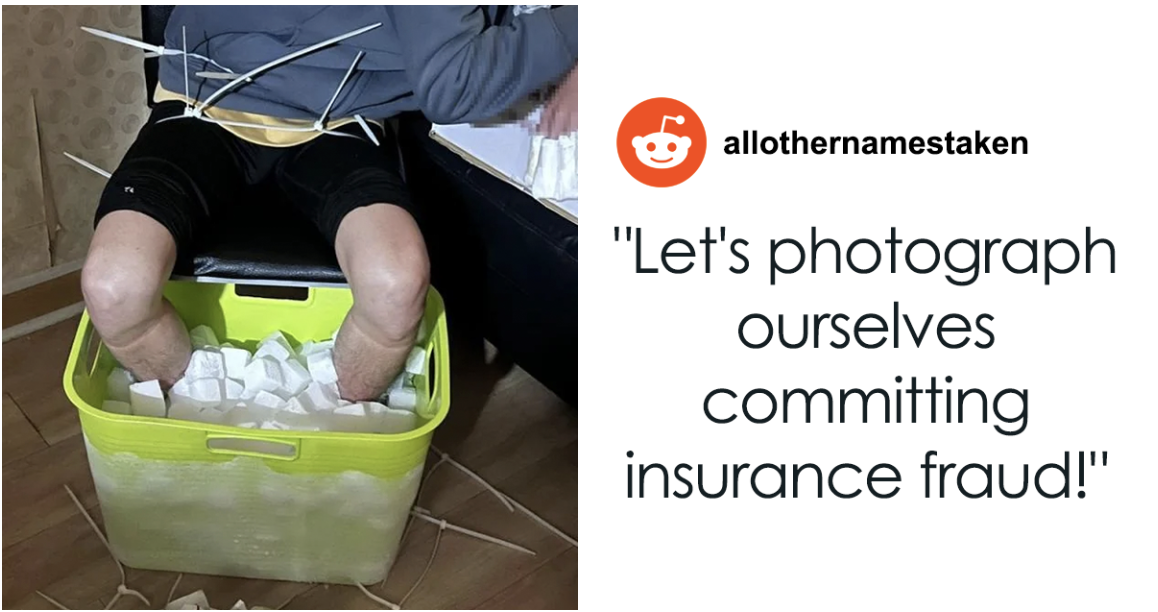
Insurance fraud is unfortunately not uncommon, but one recent case from Taiwan takes the scam to a shocking extreme. A college student, Chang, now faces charges for staging a frostbite incident to fraudulently claim insurance compensation exceeding $1.3 million. While this may sound like a wild movie plot, the consequences for Chang are very real.
Chang allegedly devised a plan to fake severe frostbite and necrosis below his knees by immersing his feet in a bucket filled with dry ice for 10 hours. After having both legs amputated, he applied for compensation from eight insurance policies, citing injuries sustained while riding his scooter at night around the country. However, Chang’s demands were flagged and ultimately denied due to the suspiciously short duration between purchasing the insurance policies and filing the claims.
Typically, insurance companies become suspicious when a client buys insurance shortly before seeking compensation, as it may indicate an intent to commit fraud. In this case, Chang’s actions raised red flags, leading to the unraveling of his elaborate scheme. The Taipei District Prosecutors’ Office charged Chang and a fellow student, Liao, with fraud and embezzlement. Liao had allegedly encouraged Chang to fabricate an insurance claim, claiming that gang members were after him.
It is important to understand what embezzlement entails. It is a form of white-collar crime where a person intentionally misappropriates entrusted assets for unintended purposes. In this case, Chang and Liao misused the insurance policies they obtained for personal gain.
The recent indictment against Chang and Liao reveals the extent of their actions. They purchased dry ice and returned to Liao’s residence, where Chang’s feet were plunged into a plastic bucket filled with dry ice. Liao recorded and took photos of the incident while Chang endured excruciating pain for over 10 hours. The harrowing ordeal resulted in Chang losing both his legs below the knees.
While some may question the mental state of individuals involved in such scams, it is crucial to hold them accountable for their actions. Excusing fraudulent behavior with mental health issues only undermines the struggles faced by those with genuine mental health concerns. In this case, Chang’s motivation appears to have been driven by greed rather than any underlying mental health condition.
Chang’s ill-conceived plan not only landed him in jail but also left him permanently disabled. The insurance claims he managed to obtain were revoked due to the suspicious circumstances surrounding their purchase. The consequences far outweigh any financial gain he may have anticipated.
Ultimately, this twisted insurance scam serves as a reminder of the lengths some people will go to for personal profit. It is a shocking example of human greed and a stark reminder that trust is not to be taken lightly, especially in matters of insurance.





